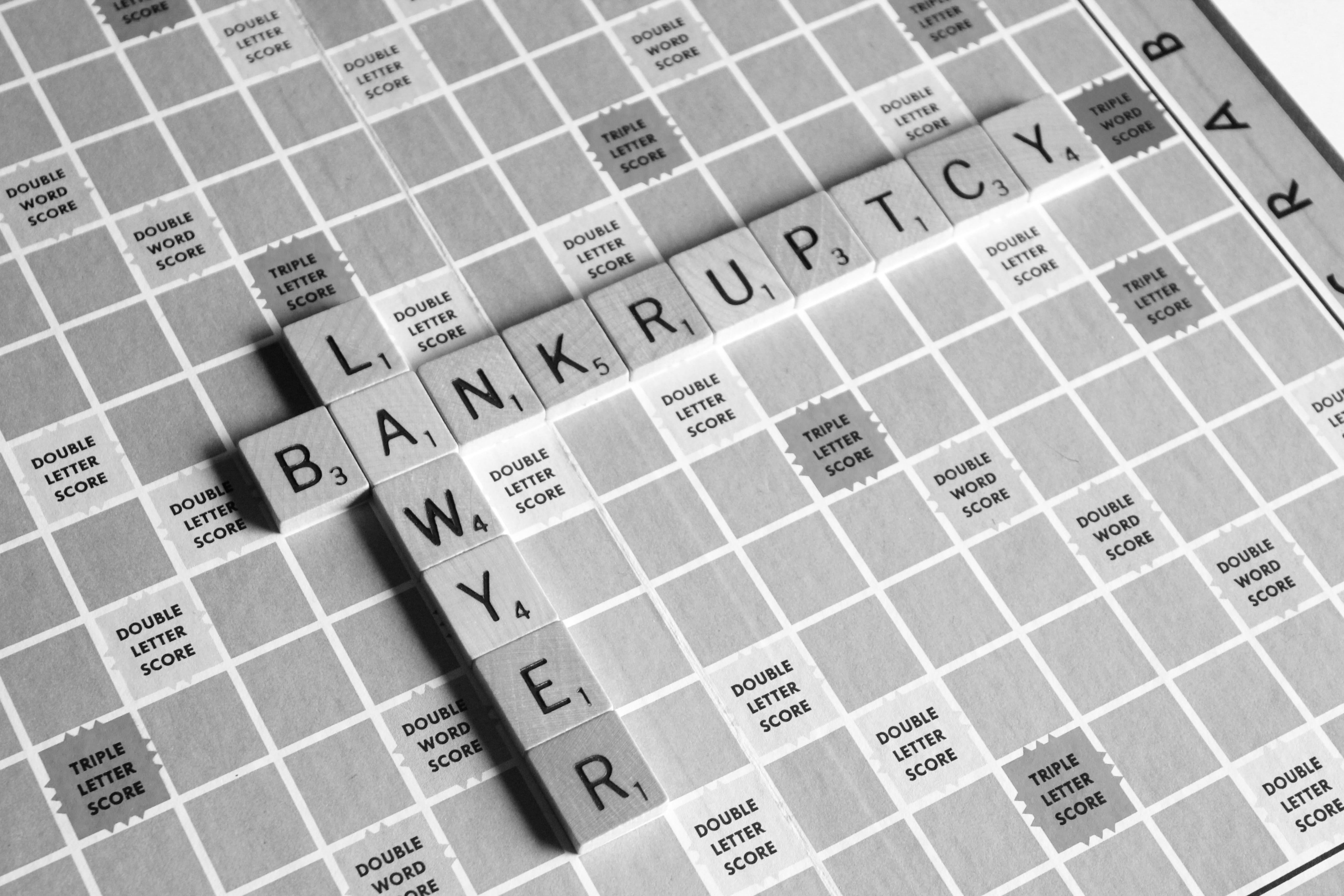For those ready to take control of their financial situation, finding the right attorney is the first step toward a brighter future.
Filing for Chapter 13 bankruptcy can be both daunting and relieving, providing a structured way to reorganize debts and create a manageable repayment plan. This legal path, known as a wage earner’s plan, allows individuals with regular income to propose a repayment plan spanning three to five years, protecting their property from foreclosure. The success of this process heavily depends on selecting an experienced Chapter 13 bankruptcy attorney who can ensure compliance with bankruptcy laws and maximize the debtor’s benefits.
Why Choosing the Right Attorney Matters
Choosing the right attorney for a Chapter 13 bankruptcy is crucial. An experienced lawyer offers expertise, strategic planning, and personalized advice. They help navigate legal jargon, represent you in court, and negotiate with creditors. A proficient attorney ensures your repayment plan is feasible and legally compliant, reducing dismissal risk, and provides ongoing support for any needed modifications.
Traits of a Reliable Chapter 13 Bankruptcy Attorney
When searching for a Chapter 13 bankruptcy attorney, certain traits and qualifications should be prioritized. Here are some key characteristics to look for:
Expertise in Bankruptcy Law
A specialized knowledge of bankruptcy law is paramount. The attorney should have extensive experience handling Chapter 13 cases, understanding the nuances and intricacies involved. This expertise ensures that the repayment plan is both legally sound and beneficial to the debtor.
Strong Communication Skills
Effective communication is crucial in legal proceedings. The attorney must be able to explain complex legal terms in a simple, understandable manner. They should keep the debtor informed at every step, ensuring clarity and transparency throughout the process.
Empathy and Support
Facing bankruptcy can be emotionally taxing. An empathetic attorney provides not only legal guidance but also emotional support. They should demonstrate understanding and compassion, helping the debtor feel confident and reassured during this challenging time.
Steps to Finding the Right Attorney
Finding the right Chapter 13 bankruptcy attorney involves a series of steps designed to evaluate their suitability and fit. Here’s a structured approach:
Research and Referrals
Start by researching local bankruptcy attorneys. Online reviews and testimonials can provide insights into their reputation and success rate. Asking for referrals from friends, family, or financial advisors can also lead to trustworthy recommendations.
Initial Consultation
Most bankruptcy attorneys offer a free initial consultation. Use this opportunity to ask about their experience with Chapter 13 cases, their approach to handling your specific situation, and any fees involved. This meeting is crucial for gauging their expertise and communication style.
Evaluate Credentials
Verify the attorney’s credentials, including their education, certifications, and membership in professional organizations. An attorney with board certification in consumer bankruptcy law is often a good choice, as it indicates a high level of expertise and dedication to the field.
Questions to Ask During Consultation

During the initial consultation, asking the right questions can help determine if the attorney is the right fit. Consider these questions:
Experience with Chapter 13 Cases
Inquire about the attorney’s experience specifically with Chapter 13 cases. How many cases have they handled? What is their success rate? This information can provide confidence in their ability to manage your case effectively.
Approach to Case Management
Understanding how the attorney plans to handle your case is important. Will they personally manage your case, or delegate it to a junior associate? How often will they update you on the progress? Clear communication and a hands-on approach are vital for a successful outcome.
Fee Structure
Discuss the attorney’s fee structure in detail. What are the upfront costs? Are there any additional fees during the repayment period? A transparent fee arrangement helps avoid surprises and ensures you can manage the costs involved.
Red Flags to Watch Out For
While searching for the right attorney, being aware of red flags can prevent potential issues. Here are some warning signs to consider:
Lack of Specialization
Avoid attorneys who do not specialize in bankruptcy law or have limited experience with Chapter 13 cases. A lack of expertise can lead to costly mistakes and unfavorable outcomes.
Poor Communication
If the attorney is difficult to reach, unresponsive, or fails to explain things clearly during the initial consultation, it may indicate ongoing communication problems, which are critical for navigating the complexities of a Chapter 13 case. Additionally, be wary of attorneys who make unrealistic promises or guarantees about the outcome of your case, as the final decision rests with the court.
Choosing the right Chapter 13 bankruptcy attorney is a critical step in securing a stable financial future. By prioritizing expertise, communication, and empathy, you can find an attorney who will guide you through the process with confidence and clarity. Remember to conduct thorough research, ask insightful questions during consultations, and be vigilant for red flags.
Taking these steps ensures that your Chapter 13 bankruptcy case is handled with the utmost professionalism, paving the way for a successful resolution. For those ready to take control of their financial situation, finding the right attorney is the first step toward a brighter future.


Join the conversation!